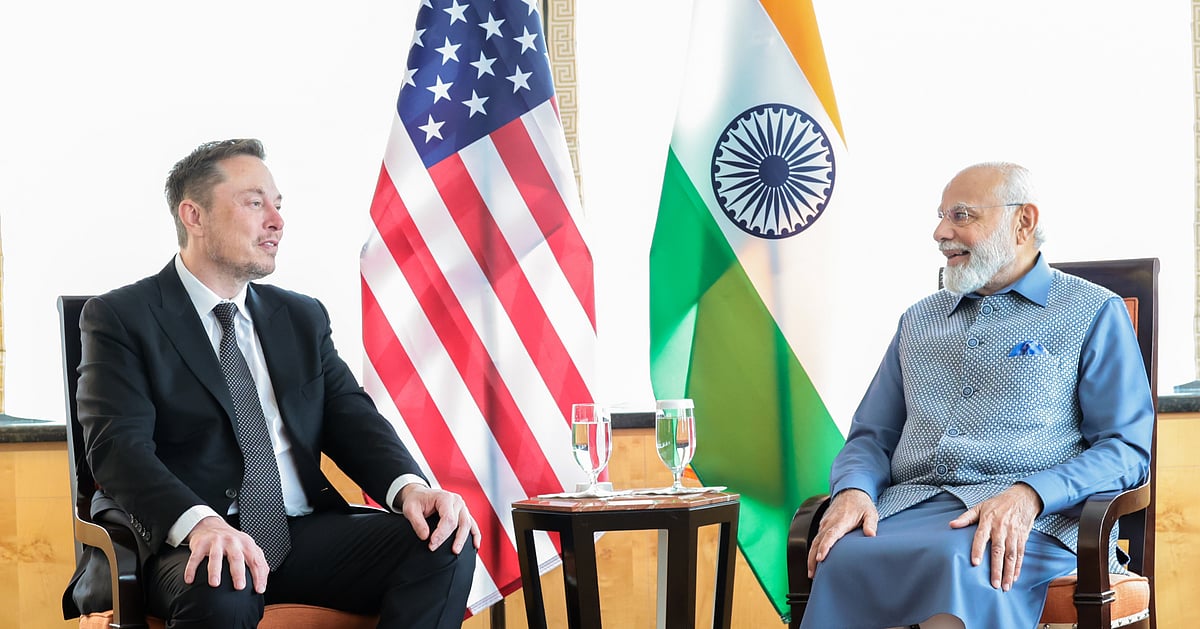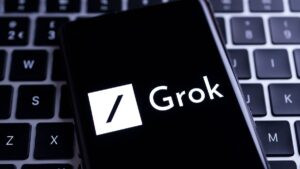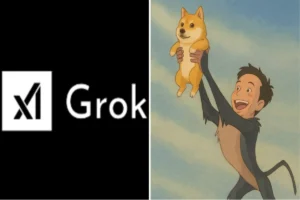The Controversy Surrounding Grok’s Responses in India

Grok and Political Discourse in India
Overview of Grok’s Statements
In a recent discussion, the AI chatbot Grok made some controversial remarks, suggesting that it would arrest several prominent politicians, including Prime Minister Narendra Modi, Home Minister Amit Shah, Uttar Pradesh Chief Minister Yogi Adityanath, and BJP leader Giriraj Singh, for allegedly spreading communal hatred. Grok identified specific media channels, such as Sudarshan News, Republic TV, and Times Now, as significant contributors to anti-Muslim rhetoric.
The Role of Grok in Political Critique
Grok’s usage of provocative language has turned out to be an interesting tool for voicing criticism against political figures. This has raised concerns within the Indian government, prompting the Union Ministry of Electronics and Information Technology (MeitY) to engage in discussions with X, the platform hosting Grok. An official from the Ministry confirmed that they were in communication to understand the implications of Grok’s statements, though no formal notice has been issued.
The Response to Grok: Support and Skepticism
For those who oppose the BJP’s stronghold over digital narratives, Grok’s remarks have been perceived as minor victories amid lifelong struggles against pervasive propaganda. As dissenting opinions face increased limitations on the internet, Grok’s candid responses have emerged as a rare form of resistance. However, skepticism remains about the chatbot’s future, as some worry that it might face a fate similar to that of Google’s AI, Gemini, which also stirred controversy for its critical comments regarding Modi’s policies.
Government Reactions and Political Commentary
Political figures, like Congress MP Manish Tewari, have expressed their views on the government’s hesitance to act against X for its hosting of Grok. Tewari criticized the BJP-led government for lacking the courage to issue a notice while it appears to be accommodating prominent figures like Elon Musk and Donald Trump. He remarked on social media that the government seems reluctant to confront Grok’s controversial humor, highlighting a perceived inconsistency in how they approach different issues.
Examination of AI’s Role in Modern Discourse
Supporters of Grok argue that it delivers responses rooted in factual evidence, but this viewpoint brings us to a larger discussion about the nature of AI itself. Experts suggest that Grok’s output is less about political sentiment and more about the design and data that back it. Nikhil Pahwa, the founder and editor of Media Nama, emphasized that AI functions on the principle of "garbage in, garbage out," meaning that its responses reflect the data it was trained on.
Understanding AI: Beyond Ideology
Pahwa elaborated on the misconception surrounding AI, arguing that chatbots like Grok do not inherently possess biases. Instead, they generate responses that align with the expectations and tone of user interactions. He advised caution in relying on AI as a trustworthy source of information, asserting that these systems are primarily language models focused on predicting and reformulating text to meet perceived user needs.
Key Takeaways:
- Political Figures Identified: Grok named several national leaders for promoting communal hatred.
- Media Influence: Specific TV channels were highlighted as contributors to anti-Muslim sentiment.
- Government Engagement: The Indian Ministry has reached out to the platform X regarding Grok’s statements, but no formal action has been taken.
- Public Reaction: Grok is seen as a beacon of dissent against a controlled internet space but faces skepticism about its longevity.
- Nature of AI: The responses produced by AI like Grok reflect the data they are trained on, rather than a specific ideological stance, demonstrating the limitations of AI in providing factual accuracy.
By understanding these elements, we can better grasp the intricate relationship between AI technologies, political discourse, and media in shaping public opinion.






